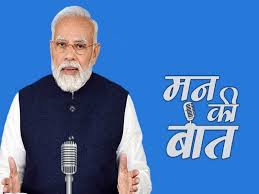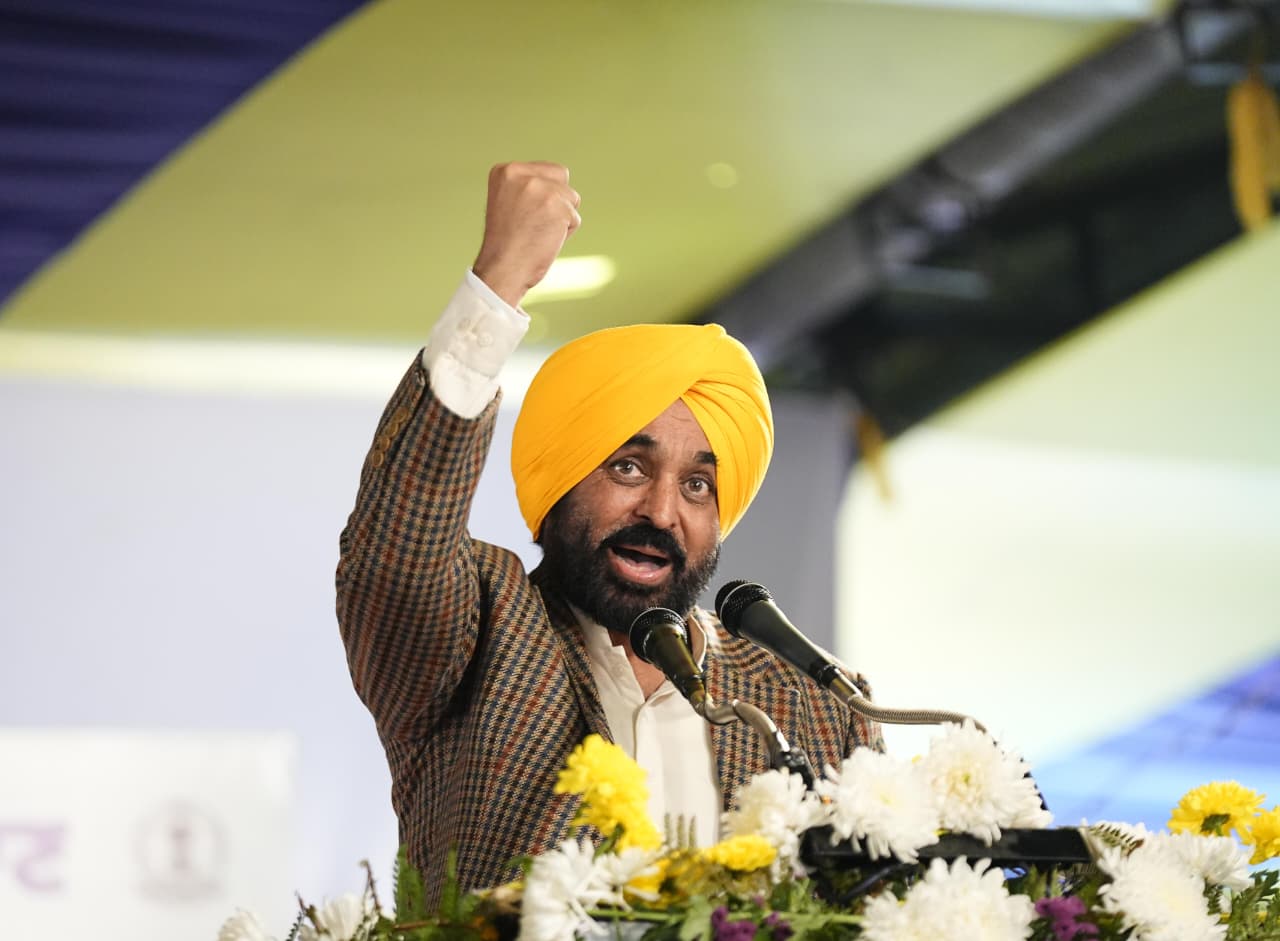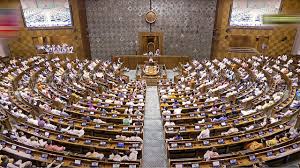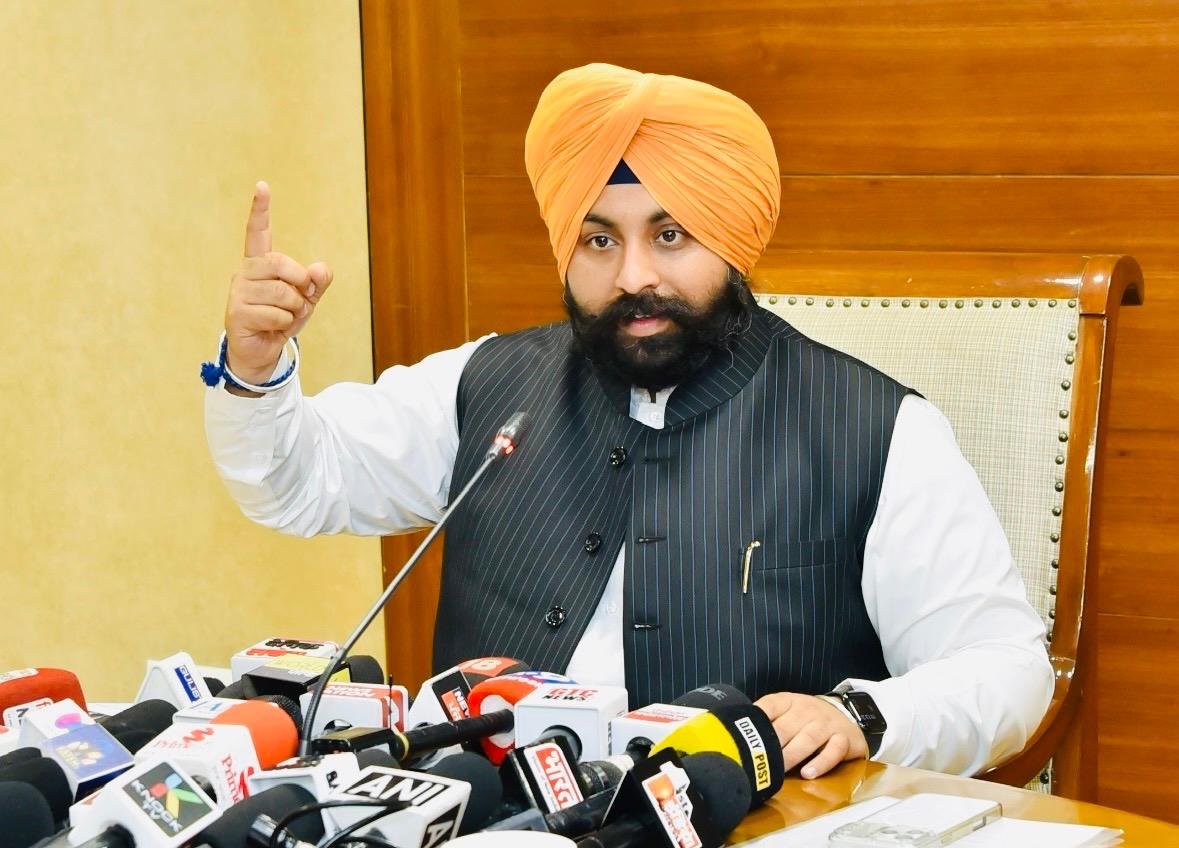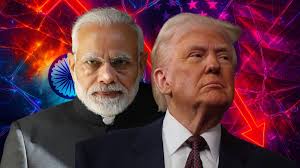Listen To This Post
New Delhi: In a sweeping move to decriminalise politics and enforce accountability, the government will on Wednesday introduce a landmark Constitution Amendment Bill to provide for the removal of the Prime Minister, Union ministers, Chief Ministers, and state ministers if they are arrested and detained for 30 consecutive days in connection with any offence punishable with five years’ imprisonment or more.
The Constitution (One Hundred and Thirtieth Amendment) Bill, 2025, seeks to amend Articles 75, 164, and 239AA of the Constitution to create a binding framework for the disqualification of the PM or ministers in the Union, states, and the National Capital Territory of Delhi.
Home Minister Amit Shah will also introduce two related legislations — the Government of UTs (Amendment) Bill, 2025 and the Jammu and Kashmir Reorganisation (Amendment) Bill, 2025 — to extend similar provisions to Union Territories, including J&K.
The move comes in the backdrop of the Delhi excise policy scam, where former CM Arvind Kejriwal refused to resign despite being arrested and lodged in Tihar Jail for several months, sparking a nationwide debate on political ethics and accountability.
Key Provisions of the Bill
-
Any minister arrested and detained for 30 consecutive days for offences punishable with five years or more must be removed from office.
-
If the Prime Minister or a Chief Minister is arrested under similar circumstances, they will be required to resign by the 31st day; failing which, they will automatically cease to hold office.
-
The President (for the Union) or the Governor (for the states) will act on these provisions without requiring further political discretion.
-
Importantly, once released from custody, such individuals can be reappointed as PM, CM, or ministers, subject to the discretion of the appointing authority.
Constitutional Insertions
In Article 75, a new Clause (5A) is proposed, laying down the framework for automatic removal. Similar insertions are being made to Articles 164 and 239AA, ensuring uniform applicability across states and Union Territories.
Next Steps
The Bills will be referred to a Joint Committee of Parliament for wider scrutiny and deliberation before being tabled for passage in both Houses. If enacted, this would mark the first explicit constitutional mechanism to disqualify sitting Prime Ministers, CMs, and ministers based on custodial detention, tightening India’s political accountability framework.






